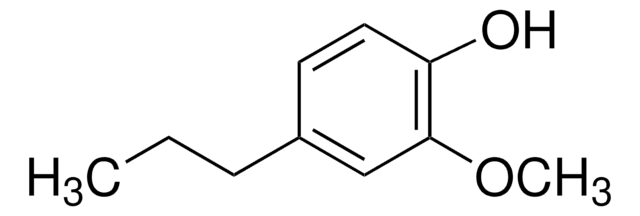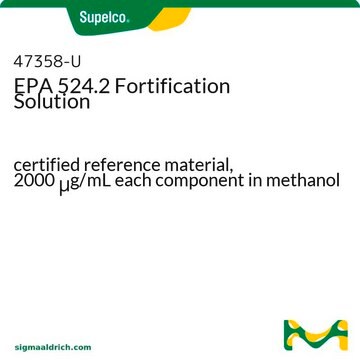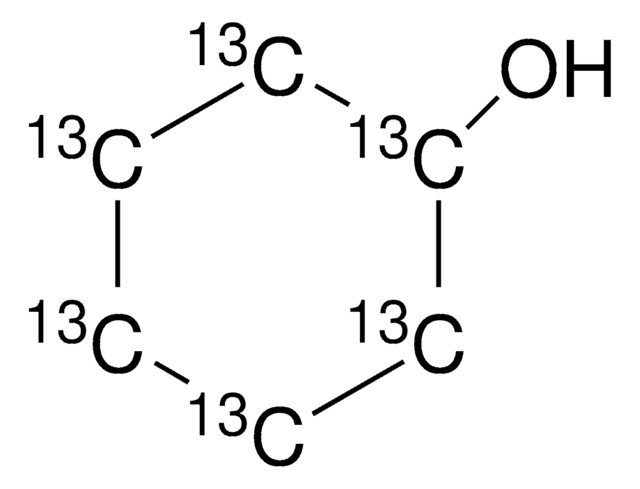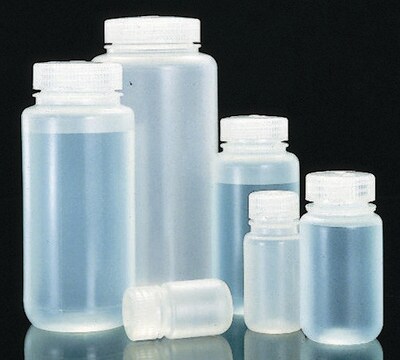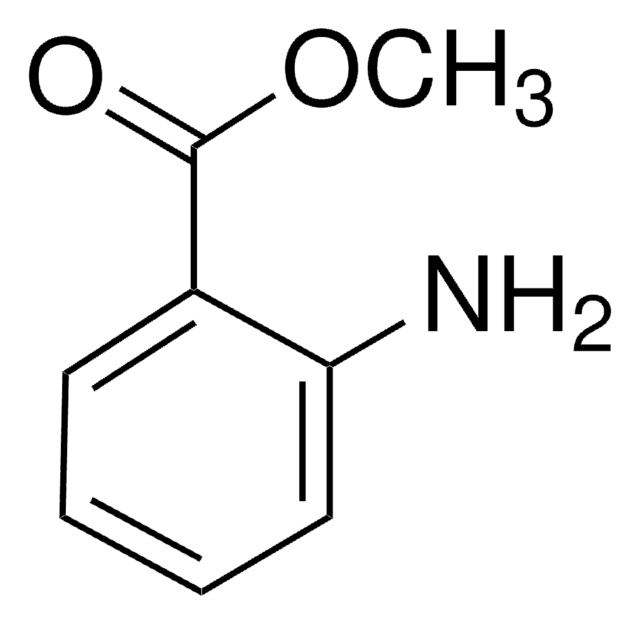W380300
Whiskey lactone
≥98%, FG
Synonym(s):
(±)-5-Butyl-4-methyldihydro-2(3H)-furanone
About This Item
Fragrance grade
meets purity specifications of JECFA
Recommended Products
biological source
synthetic
Quality Level
grade
FG
Fragrance grade
Agency
follows IFRA guidelines
meets purity specifications of JECFA
reg. compliance
EU Regulation 1223/2009
EU Regulation 1334/2008 & 178/2002
FDA 21 CFR 117
description
mixture of cis and trans
Assay
≥98%
refractive index
n20/D 1.4454 (lit.)
bp
93-94 °C/5 mmHg (lit.)
density
0.952 g/mL at 25 °C (lit.)
application(s)
flavors and fragrances
Documentation
see Safety & Documentation for available documents
food allergen
no known allergens
fragrance allergen
no known allergens
Organoleptic
coconut; coumarin; woody; nutty; roasted
SMILES string
CCCCC1OC(=O)CC1C
InChI
1S/C9H16O2/c1-3-4-5-8-7(2)6-9(10)11-8/h7-8H,3-6H2,1-2H3
InChI key
WNVCMFHPRIBNCW-UHFFFAOYSA-N
Looking for similar products? Visit Product Comparison Guide
Related Categories
General description
Application
- Investigating the effect of three phenolic fractions on the volatility of floral, fruity, and aged aromas by HS-SPME-GC-MS and NMR in model wine.: This research examines how different phenolic fractions influence the volatility of whiskey lactone among other compounds in model wine, providing insights valuable for winemaking and food chemistry (Wang et al., 2022).
- Accurate Determination of 12 Lactones and 11 Volatile Phenols in Nongrape Wines through Headspace-Solid-Phase Microextraction (HS-SPME) Combined with High-Resolution Gas Chromatography-Orbitrap Mass Spectrometry (GC-Orbitrap-MS).: This paper details a method for accurately quantifying whiskey lactone and other volatile compounds in nongrape wines, enhancing our understanding of flavor profiles in various alcoholic beverages (Liu et al., 2022).
Storage Class Code
10 - Combustible liquids
WGK
WGK 2
Flash Point(F)
235.4 °F - closed cup
Flash Point(C)
113 °C - closed cup
Regulatory Listings
Regulatory Listings are mainly provided for chemical products. Only limited information can be provided here for non-chemical products. No entry means none of the components are listed. It is the user’s obligation to ensure the safe and legal use of the product.
FSL
Group 4: Flammable liquids
Type 3 petroleums
Hazardous rank III
Water insoluble liquid
JAN Code
W380300-100G:4548173910482
W380300-1KG:4548173910499
W380300-SAMPLE:
W380300-BULK:
W380300-VAR:
Choose from one of the most recent versions:
Already Own This Product?
Find documentation for the products that you have recently purchased in the Document Library.
Customers Also Viewed
Our team of scientists has experience in all areas of research including Life Science, Material Science, Chemical Synthesis, Chromatography, Analytical and many others.
Contact Technical Service
